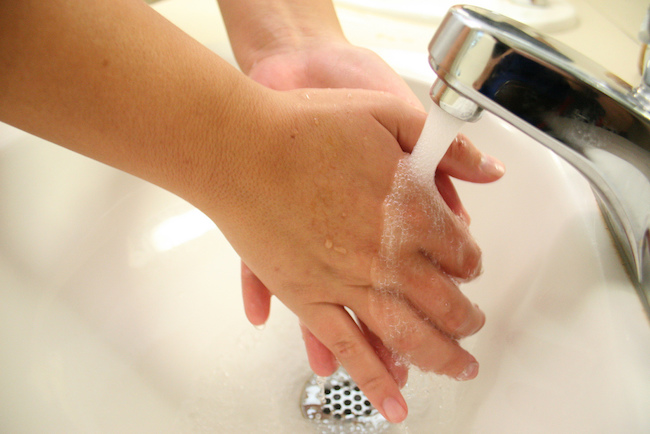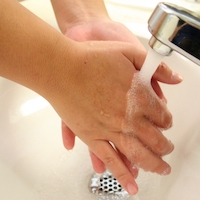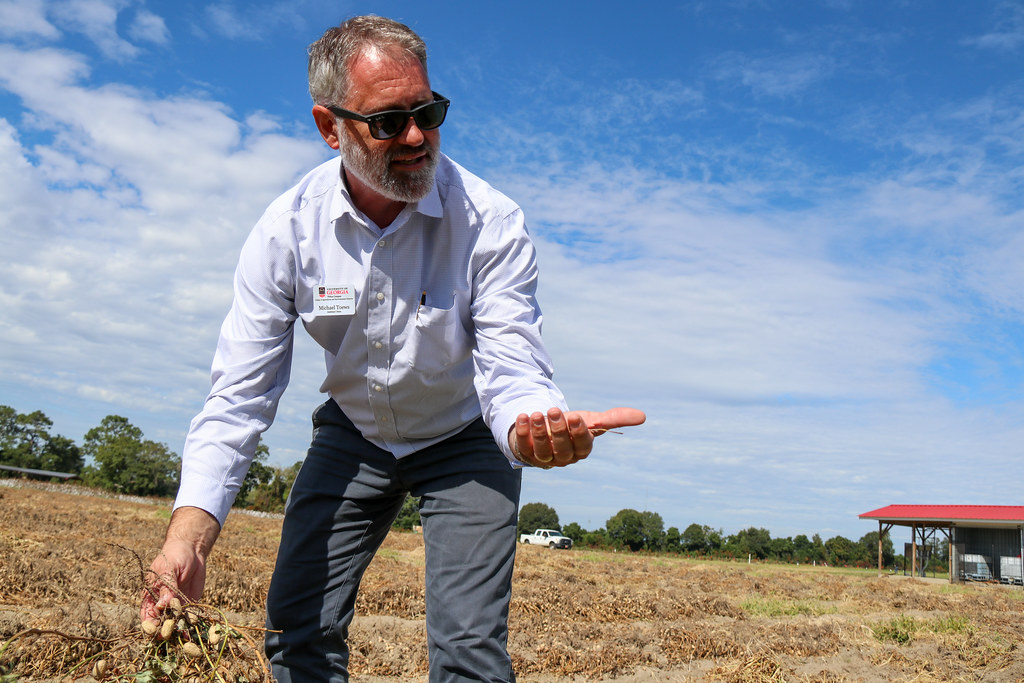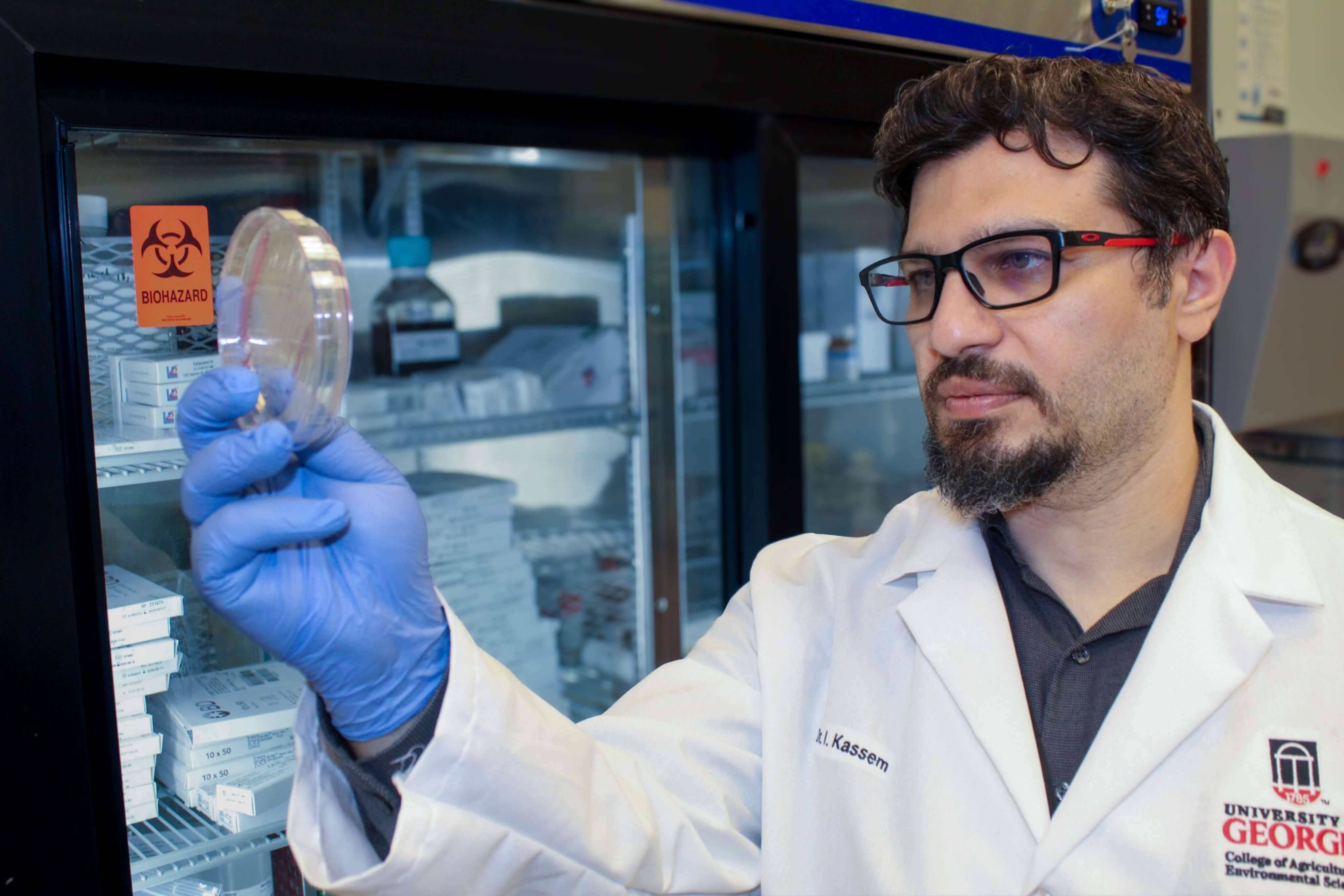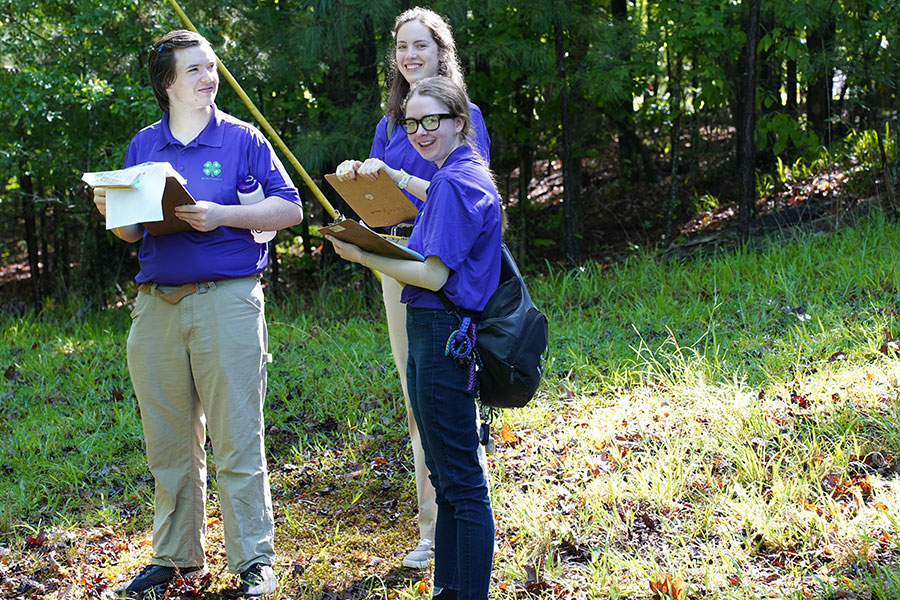Back to school for Georgia students means reuniting with friends, reminiscing about summer and, unfortunately, sharing germs that could lead to various illnesses.
How students protect themselves from germs can mean the difference between staying healthy or getting sick and being absent, according to Roxie Price, University of Georgia Cooperative Extension Family and Consumer Sciences agent in Tift County.
According to the Centers for Disease Control and Prevention, approximately 1.8 million children under the age of 5 die each year from diarrheal diseases and pneumonia, the top two killers of young children around the world.
Some of these illnesses can be prevented if children are taught how to properly wash their hands and stay safe from dangerous germs and bacteria, Price said.
“Any time kids are getting together as a group, whether it’s at a youth camp or a classroom setting, they’re going to be passing germs to one another. Children are going to be touching one another and touching toys and they’re just passing those germs around,” Price said. “Obviously, the best thing to teach them to guard against getting sick is washing their hands.”
The CDC concurs, saying that handwashing with soap could protect 1 our of 3 young children who get sick with diarrhea and almost 1 out of 5 with respiratory infections like pneumonia. Handwashing with soap removes germs more effectively than handwashing with only water.
Price reinforces the idea of proper handwashing during the winter months when she visits with every first-grade classroom in Tift County. She teaches the children to keep their hands away from their eyes, noses and mouths.
“When the teachers tell them to keep their hands to themselves, they’re not being mean, they’re trying to keep them healthy,” Price said. “The less you touch one another, the healthier you’re going to be and the less likely the teachers are going to take those illnesses home to their families.”
Price uses a special lotion that glows under ultraviolet light to demonstrate proper handwashing. The students rub the lotion on their hands and then attempt to wash it off. If the children don’t wash their hands properly, the remaining dirt and germs show up under the light.
“After I leave, teachers have told me the kids will police one another. It’s interesting that, even though every child may not wash their hands perfectly the way I told them, at least it started a conversation that hopefully will last throughout the school year,” Price said.
Nearly all of the teachers Price has worked with during her UGA Extension career have a bottle of hand sanitizer in their room, which provides some protection for the children but should never be used in place of handwashing. The scrubbing and friction that occurs when children wash their hands with soap makes the difference.
According to Price, it is important to teach young children how to scrub away the germs properly with soap. Singing a song while washing their hands may encourage the children to stay at the sink longer, but it should not become a distraction to proper handwashing procedures.
Another way to reduce the spread of germs is to sneeze or cough into the crook of the elbow area of your arm if you do not have a tissue. If you do sneeze or cough into your hands, immediately wash them with soap.
To read about how proper handwashing can prevent the flu, see the UGA College of Agricultural and Environmental Sciences Media Newswire.

